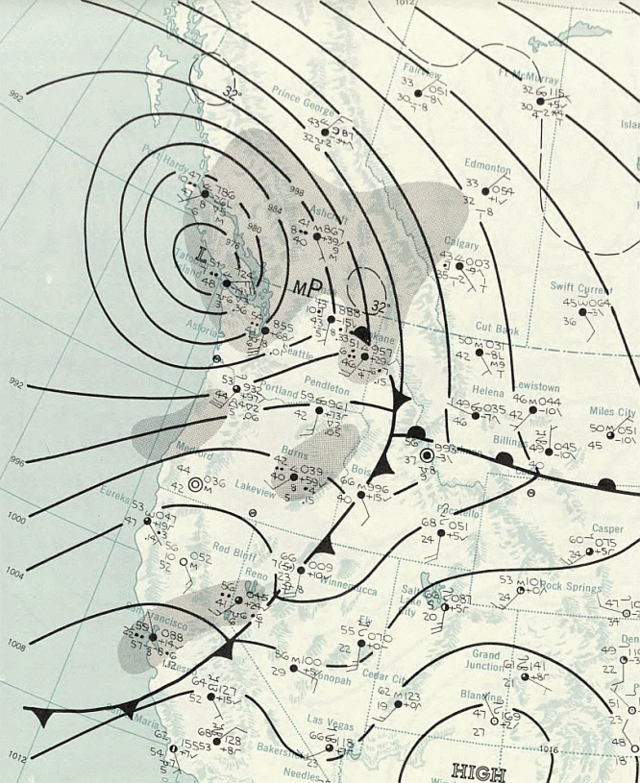








Columbus is experiencing a mix of early summer warmth and sporadic rain showers, typical for this time of year, but residents should prepare for potential shifts in weather patterns. As we delve deeper into Columbus weather, we uncover the atmospheric nuances that influence our local climate and what to expect in the coming weeks.
Understanding Columbus Weather
Columbus, Ohio, is known for its diverse weather patterns, shaped by its geographical location and seasonal shifts. The city experiences all four seasons distinctly, with hot summers, cold winters, and transitional spring and fall months. In this section, we will explore the current weather trends and delve into historical data to better understand the climate of Columbus.
Current Weather Trends
-
Temperature Fluctuations: As of early June 2025, temperatures in Columbus are averaging between 70°F to 85°F. However, sudden temperature spikes are not uncommon, and residents may experience days when the mercury rises unexpectedly.
-
Precipitation Patterns: Rain showers have been reported intermittently, with forecasts suggesting a 30% chance of rain on several days this week. It's essential for residents to stay updated with local forecasts as severe thunderstorms can develop rapidly.
-
Humidity Levels: The humidity in Columbus is on the rise as summer approaches, contributing to a muggy feel. This increase in humidity can affect comfort levels, particularly during outdoor activities.
Historical Weather Context
Understanding the historical weather patterns in Columbus offers valuable insights into current conditions:
-
Temperature Records: Historically, June temperatures have ranged from lows of 50°F to highs around 90°F. This variability highlights the importance of being prepared for sudden changes.
-
Rainfall Trends: June typically sees an average of 4.5 inches of rain. Residents can expect occasional heavy downpours, which may lead to localized flooding in susceptible areas.
Seasonal Impact on Weather Patterns
Each season brings unique weather challenges and opportunities for Columbus:
-
Spring: Known for its unpredictable weather, spring in Columbus can swing from warm sunny days to sudden cold snaps. The transition period is crucial for agriculture, impacting local farmers and gardeners.
-
Summer: With warm temperatures, summer is a vibrant season in Columbus, but it also comes with the risk of severe weather, including thunderstorms and even tornadoes. Awareness and preparedness are key during this season.
-
Fall: As temperatures begin to cool, fall brings a beautiful change in foliage. However, it also marks the onset of frost and the preparation for winter.
-
Winter: Winters can be harsh, with significant snowfall and frigid temperatures. Understanding the cycle of winter storms and snow accumulation is crucial for residents to navigate this season safely.
Climate Change and Its Effects
The long-term impacts of climate change are beginning to manifest in Columbus, as they are across many parts of the world. Key considerations include:
-
Increased Temperature Averages: Over the past few decades, average temperatures have gradually increased, leading to hotter summers and milder winters.
-
Shifting Rain Patterns: There is evidence suggesting that rainfall may become more concentrated in fewer but heavier events, leading to potential flooding risks.
-
Ecosystem Changes: These shifts in weather patterns can affect local flora and fauna, prompting changes in the natural landscape of Columbus and altering the timing of seasonal events like flowering and animal migrations.
Preparing for Severe Weather
With the potential for severe weather, it is essential for residents to stay informed and prepared:
-
Emergency Plans: Every household should have an emergency plan in place, including exit routes, communication methods, and supplies in case of severe storms or power outages.
-
Weather Alerts: Subscribing to local weather alerts can provide timely information about severe weather warnings, allowing residents to take necessary precautions.
-
Community Resources: Engaging with community resources, such as local meteorological services and emergency management organizations, can enhance preparedness efforts.
Engaging with the Community
Residents of Columbus can stay active and engaged with their community to better understand local weather patterns:
-
Local Weather Workshops: Attending workshops hosted by meteorologists can provide insights into understanding weather patterns and forecasts.
-
Community Events: Participating in outdoor events during favorable weather can foster a sense of community while enjoying the beauty of Columbus.
-
Online Platforms: Utilizing social media and community forums to share real-time weather updates and experiences can enhance collective awareness and preparedness.
Conclusion: Looking Ahead
As we move deeper into the summer months, Columbus weather will continue to evolve. Staying informed and prepared can help residents navigate the complexities of local weather patterns. By understanding both the current conditions and historical context, Columbus residents can embrace the seasonal changes while ensuring their safety and well-being.
With ongoing discussions about climate change and its implications, it is crucial to remain vigilant and adaptable to the weather's whims. As we enjoy the warmth and vibrancy of summer in Columbus, let's stay engaged with our environment and each other, ensuring a community that thrives despite the challenges posed by nature.
